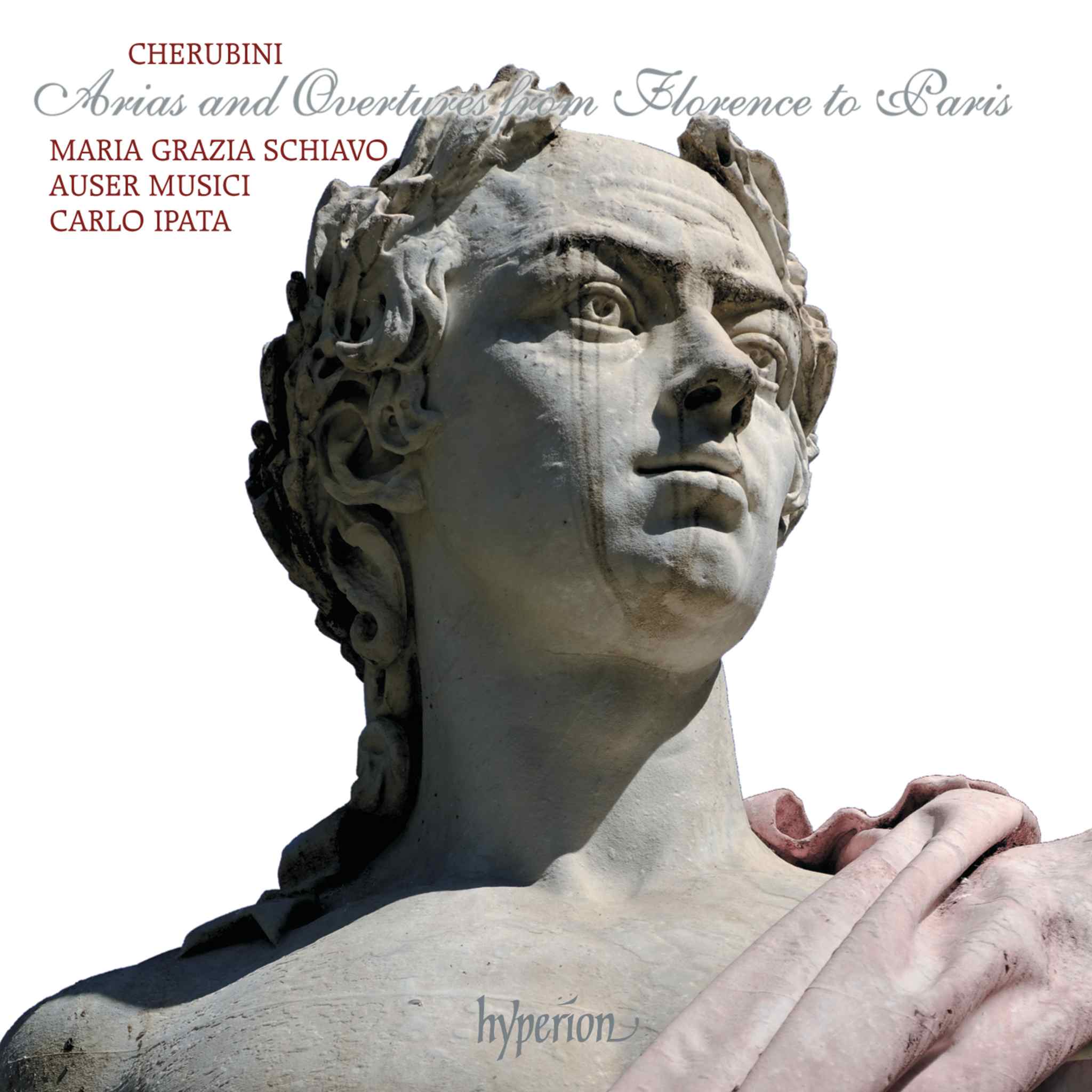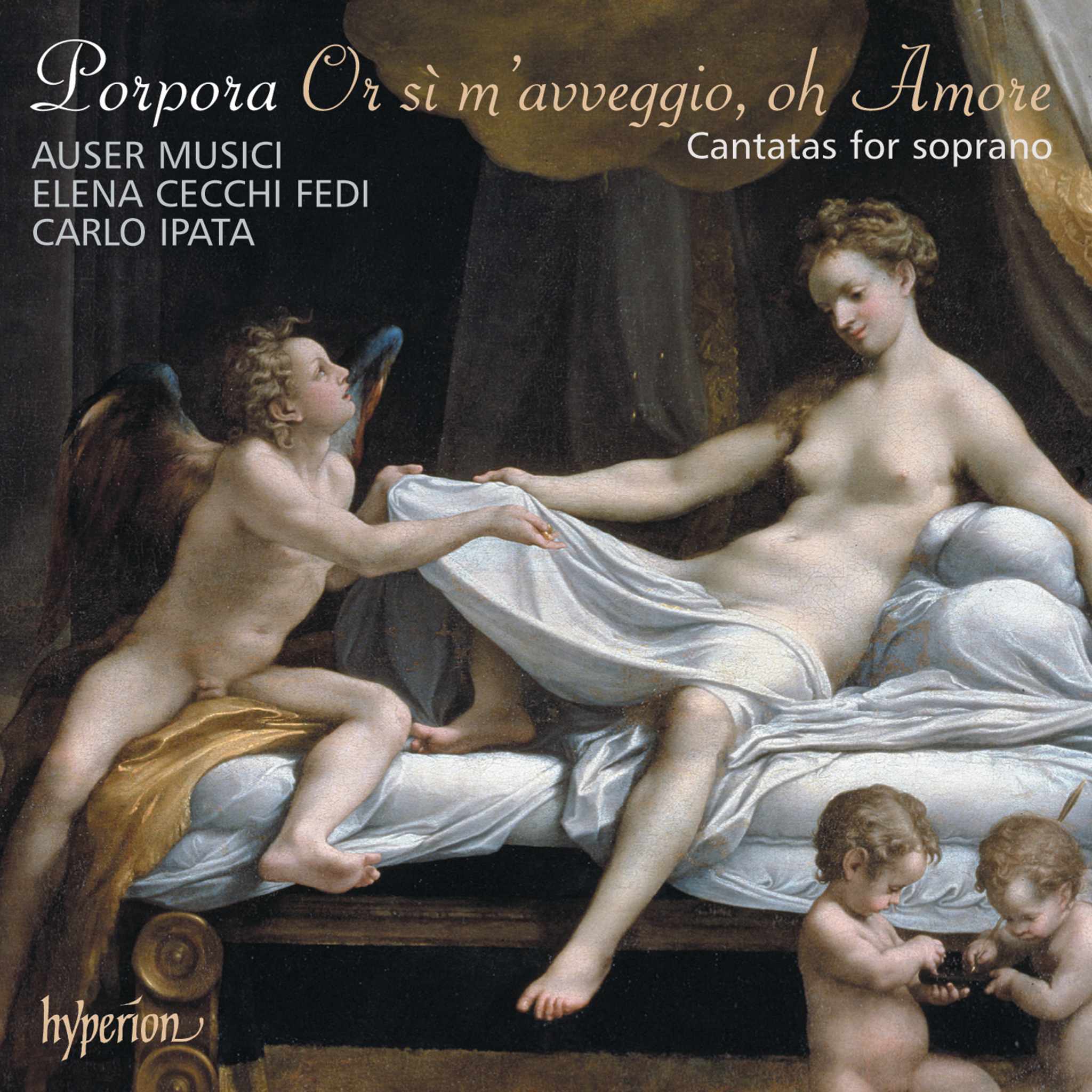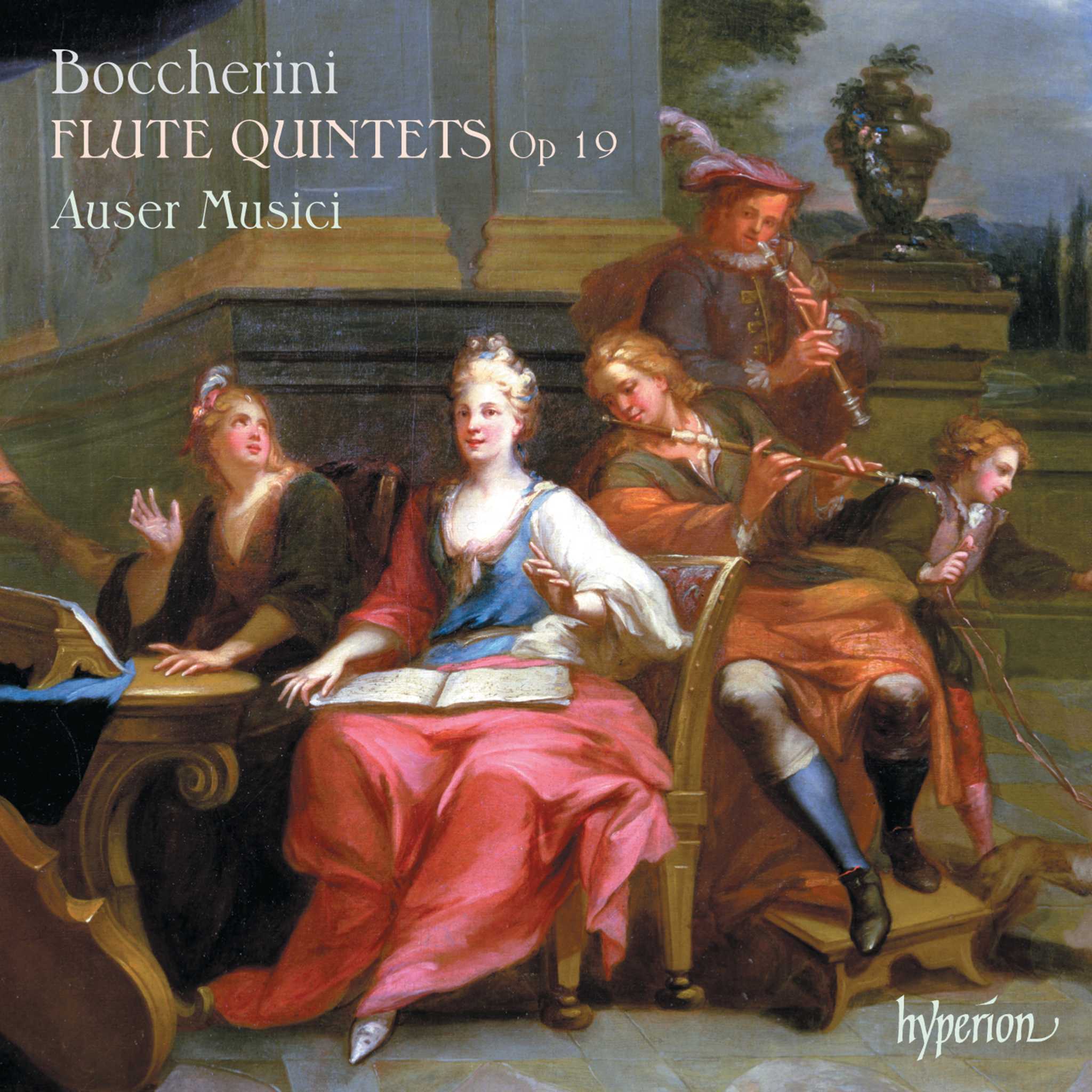Album insights
Diese bedeutende Kollektion vereint Liszts Schubert-Transkriptionen auf drei Tonträgern. Sie beinhaltet die Zwölf Lieder, verschiedene Fassungsvarianten sowie Kontextinformationen zu den Kompositionen. Interessierten wird empfohlen, auch die Serienteile 31 und 32 zu erkunden, um ein vollständiges Verständnis zu erlangen.
Bei der Konzeption dieser Sammlung legte Liszt besonderen Wert auf die tonale Architektur. Während er Schuberts Originaltonarten bewahrte, erzeugt er durch Tritonus-Akkorde besondere Spannungsmomente. Jedes Werk erfährt eine detailreiche Neuinterpretation, geprägt von Liszts unverwechselbarem künstlerischen Ausdruck.
Das Rückert-Werk "Sei mir gegrüßt" besticht durch virtuose Variationen und feinfühlige Nuancen. Bei "Auf dem Wasser zu singen" setzt Liszt auf dramatische Klangeffekte. "Du bist die Ruh'" behält in seiner ruhigen Interpretation Schuberts melodische Linienführung bei. In "Erlkönig" gelingt es Liszt, die Angst des Kindes eindrucksvoll zu vermitteln. Auch "Meeresstille" und "Der junge Nonne" erfahren sensible Neubearbeitungen.
In seiner tiefgründigen Neugestaltung der Schubert-Lieder nutzt Liszt alternative Textversionen, um unterschiedliche Interpretationsansätze zu ermöglichen. Dabei berücksichtigt er geschickt technische Herausforderungen und kompositorische Feinheiten. Seine Überarbeitungen zeugen von tiefer Wertschätzung für die Originalwerke.
Die Transkriptionen von "Schwanengesang" und "Nebensonnen" offenbaren Liszts experimentellen Ansatz bei musikalischen Variationen. Seine präzisen und liebevollen Bearbeitungen bieten ergänzende Lesarten zu den Originalwerken.
Der letzte Teil dieser Sammlung präsentiert überarbeitete Versionen bekannter Stücke. Liszt erschafft neue Interpretationen, die den musikalischen Reichtum und die Virtuosität der Originalwerke bewahren.
Dieses eindrucksvolle Projekt demonstriert Liszts meisterhafte Fähigkeit zur Neuinterpretation Schubertscher Lieder. Die sorgfältigen Adaptionen, alternativen Texte und tiefe Anerkennung der Originallieder machen diese Sammlung zu einem bedeutenden Meilenstein in Liszts Schaffen.






